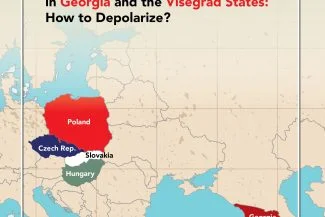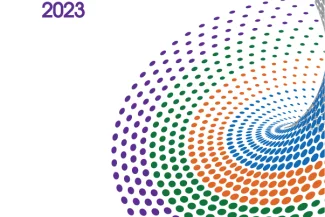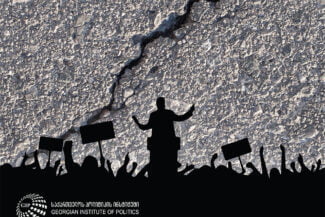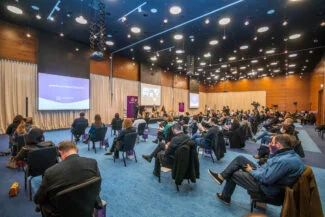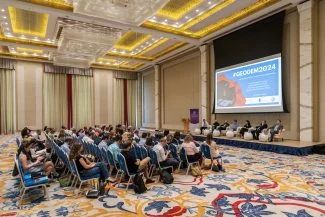23-02-2021
Freedom of expression is one of the essential pillars of democracy as we know it. Thus, normatively, democracies should not only pursue this value but also guarantee it to every citizen. However, free speech does not embrace just one definition: different actors take the stage to interpret it in different ways. In this milieu, “giving people a voice” has lately been seized by populist actors, an emergence of which has been observed in Georgia, as well. Hence, civil society and the Georgian government must deal with the rising populist discourse and an escalation in the horizontal modes of disinformation spread on social media, all of which have come at a time when the country is in the throes of transition to a more democratic political regime. Thus, they face the challenges not only of balancing the alternative discourses of the post-truth era, but, in doing so, also of maintaining democratic legitimacy.
This memo places the broader issues – such as the new trends in disinformation strategies, the easy access of populist actors to social media and the inconsistences of the media platforms in their action to safeguard the information environment – in the context of democratization processes in Georgia. In doing so, the paper attempts at discussing the vulnerabilities of Georgian democracy at the juncture of these matters. The challenge is particularly visible against the background of the ongoing pandemic as it was so in the pre-election period in Georgia. The contested understandings of the concepts such as “free speech” and “freedom of expression” will perhaps remain as one of the sources of enduring social polarization in the country.





